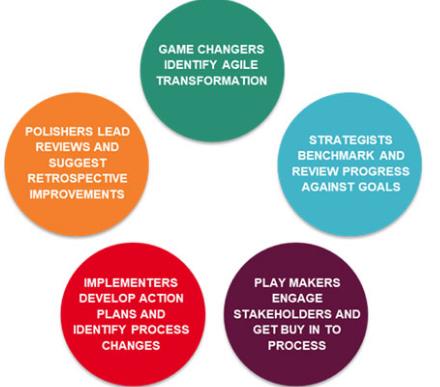Long Term vs Short Term Goals: Which Is More Impactful?
In the realm of goal setting, the debate between the impact of long-term versus short-term goals is ongoing. Both play integral roles in personal and professional success, but their impacts can be distinct and complementary. This article explores the differences in impact between long-term and short-term goals, backed by research and practical examples.

Short Term Goals: Immediate Results and Adaptability
Short-term goals are defined by their quick completion times, often ranging from a day to no more than a year. These goals are crucial for maintaining daily productivity and motivation.
Characteristics of Short Term Goals:
- Quick Achievement: Designed to be achieved quickly, providing immediate results and satisfaction.
- Specificity: Highly specific and focused, making them easier to manage and complete.
- Adaptability: Easily adjusted or changed based on immediate feedback or changing conditions.
Impact of Short Term Goals:
- Immediate Motivation: According to a study by the American Psychological Association, completing short-term goals provides immediate reinforcement, boosting motivation and productivity by up to 30%.
- Progress Measurement: They allow for quick assessments of progress towards larger objectives, acting as stepping stones that ensure you are on the right track.
- Enhanced Focus: By concentrating on immediate tasks, short-term goals can significantly increase focus and efficiency in daily operations.
Long Term Goals: Visionary and Transformative
Long-term goals stretch over several years and are designed to achieve significant life or organizational milestones. They are expansive and require sustained effort and planning.
Characteristics of Long Term Goals:
- Broad Scope: Encompass a wide range of activities and are generally more complex.
- Strategic Impact: Influence larger life or business strategies.
- Sustained Effort: Require long-term commitment and perseverance.
Impact of Long Term Goals:
- Direction and Purpose: Providing a clear sense of direction, long-term goals help align shorter-term efforts with overarching objectives. They are pivotal in defining personal and professional growth trajectories.
- Lasting Change: As noted by Harvard Business Review, long-term goals are key to achieving substantial, transformative change within an individual’s life or within an organization, often leading to a 50% increase in overall success rates for strategic initiatives.
- Big Picture Thinking: Encourage strategic planning and deep thinking, which are critical for overcoming significant challenges and making substantial advancements.
Integrating Both for Maximum Impact
While the debate on which type of goal is more impactful can vary depending on individual or organizational needs, the integration of both is typically most effective. Short-term goals provide the momentum and regular checkpoints necessary for motivation and immediate progress, while long-term goals offer the vision and enduring drive that inspire profound achievements and transformations.
Why Long Term vs Short Term Goals Are Both Essential
In conclusion, both long-term and short-term goals have their unique impacts and benefits. Short-term goals excel in driving immediate results and adaptability, while long-term goals are crucial for setting a direction and achieving significant, life-altering outcomes. The optimal approach is not to choose one over the other but to strategically use both types of goals to support and reinforce each other, ensuring a balanced and successful path towards achieving personal and organizational aspirations.